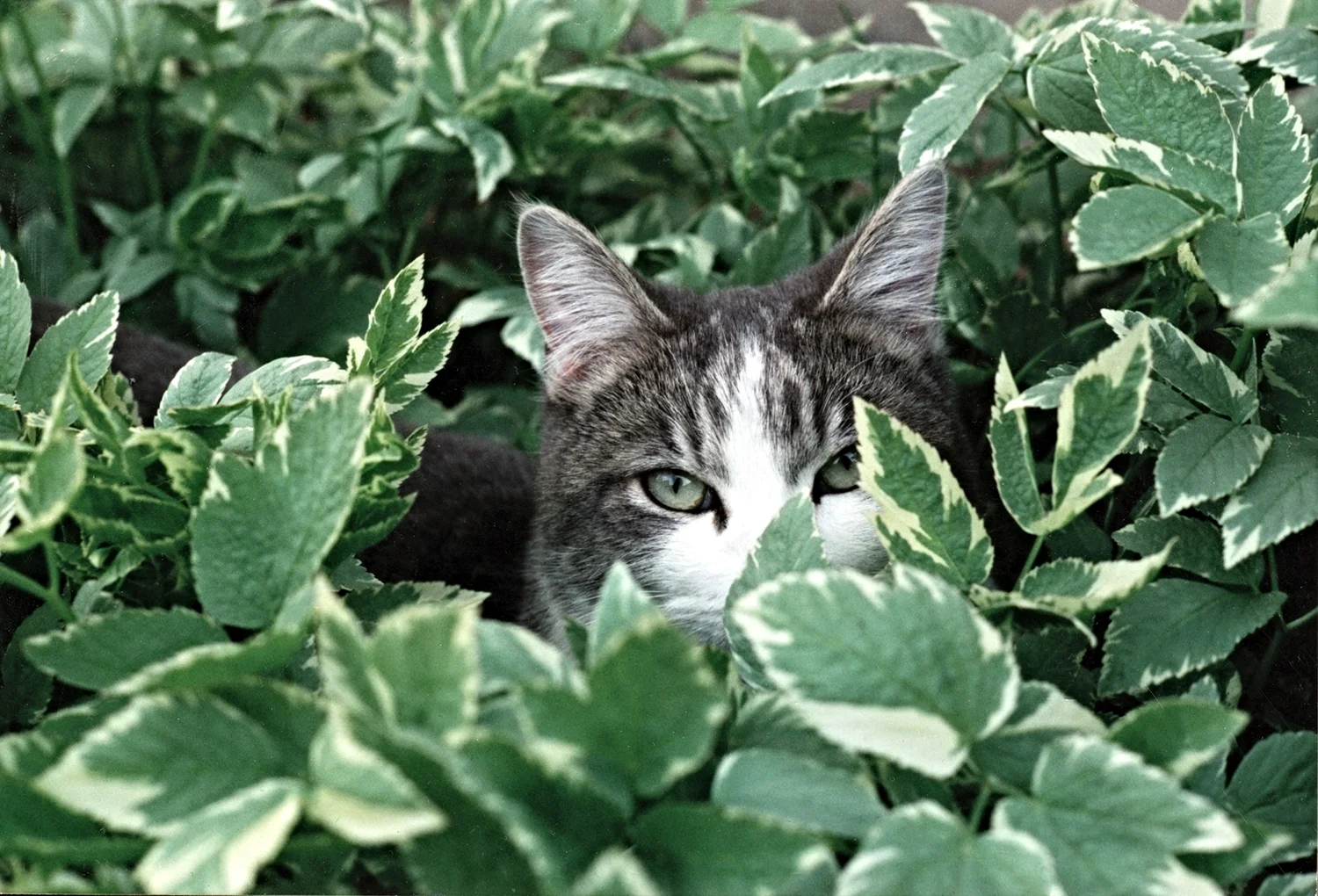FAQs for Humans
How does animal communication work?
Vanessa makes a connection between you and your pets through the deep, heart-to-heart connection you and your pet share. In addition to this love connection, there are two additional important elements to a successful animal communication session:
- The human must have a deliberate intention and openness to connect with the animal
- The human has to grant the communicator permission to connect with the animal
Vanessa’s job as an animal communicator is to be a voice for your animal and represent their perspective.
IS IT POSSIBLE TO COMMUNICATE WITH ANY TYPE OF ANIMAL?
Yes, indeed! Vanessa has talked to dogs, cats, horses, chickens, roosters, pigs, birds, rabbits, donkeys and goats, and she's always excited to talk to a new species!
I don't understand how animal communication is possible over the phone. Doesn't it work better if Vanessa is actually with the animal?
Vanessa can talk to your pet just as easily over the phone as she can in person because of that heart-to-heart connection you share with your pet. That connection with your pet is just as strong even if you aren’t in the same location as they are. Vanessa telepathically communicates with your pet so physical location is not a barrier in animal communication. She will ask for a photo of your pet to help facilitate your phone consultation.
How does Vanessa get the information from the animal?
Vanessa primarily sees images and movies in her minds eye, and hears words or sentences. Some information comes through as symbolism and metaphors. She also feels emotions or physical sensations that mirror what the animal is feeling.
What do I need to do to prepare for an animal communication session?
Once you have scheduled your session, Vanessa will ask you to email a photo of your pet that makes you smile. Prior to your session, you should jot down the things you would like to talk to your animal about. While you do not have to stick to this list, it is helpful so that you remember to ask all your questions. You may find that taking notes during the sessions is useful as well. Finally, you should participate in your session in a quiet place without distractions where you can be relaxed, focused and open.
What kinds of things can I talk to my animal about?
Anything! You can ask questions about daily life, food, health, other animals, behaviors, and experiences. You can also ask the animal for wisdom or messages. In order for Vanessa to receive information about a topic, she has to provide your pet with information for context. For example, if you are curious if your dog enjoys his food, Vanessa will ask what you feed him so she can provide an image to the dog to frame the conversation.
Can an animal communication session change my pet’s behavior?
A conversation with your pet does not automatically change behavior. Often an animal has good intentions and doesn't understand why you find a behavior upsetting or annoying. However, sharing your perspective with your pet (and vice versa) can lead to greater understanding, which in turn can result in behavior change. For example, you wish your cat would stop waking you at 3am every day. Your cat says she loves it when you play with her, and wishes you'd play more often. Vanessa can explain to your cat that you need your sleep and that you are willing to play with her before bedtime instead of 3am. Your cat may agree to the compromise once she understands your point of view, resulting in a peaceful nights sleep.
Can I communicate with an animal that has passed on?
Yes, the love connection is still present, even if the animal has died. Most clients find a sense of peace and healing after talking with an animal in spirit.
What if my animal is ill or I have an urgent issue?
Animal communication is not a substitute for veterinary care. If your animal is ill, please call your veterinarian right away. Vanessa cannot diagnose illnesses or prescribe treatments but she can convey information from the veterinarian to your pet about the diagnosis and treatment, and ask your pet for additional information or clarification of symptoms that may be helpful to the situation.

